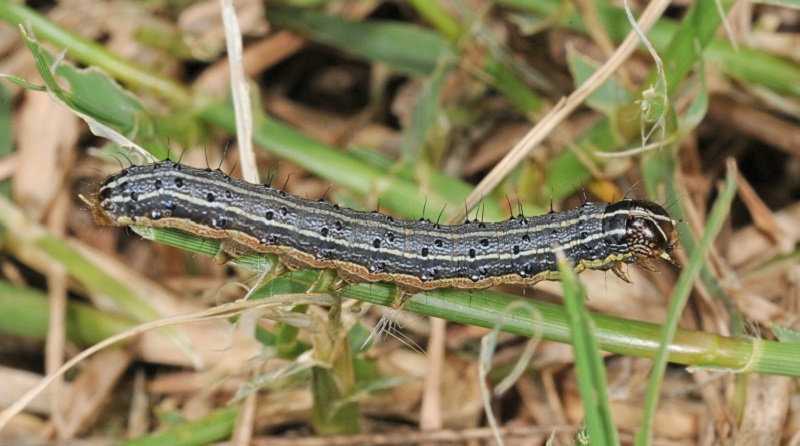Government says consideration of early warning systems in contending Fall Armyworm and African Armyworm is one of the effective ways in dealing with the pests.
The remarks were made in Lilongwe during an inception workshop aiming at strengthening monitoring and early warning systems for migratory pests of major food crops for Fall Armyworm and African Armyworm.
In an interview with YFM, Chief Director in the Ministry of Agriculture, Irrigation and Water Development Yanira Ntupanyama said the pests have been affecting the production of maize, which is major staple food in the country.
In additional, Ntupanyama said precautionary measures are essential in dealing with pests.
“It is important that we monitor in early stages whether we have the fall army worm or not so that we can take precautionary measures in terms of using different methods be it botanical or biological methods that can assist that the fall army does not affect our crop production,” Ntupanyama said.
On her part, Japanese Ambassador to Malawi Kae Yanagisawa, whose government is funding the project with funds amounting to $300, 000.00 (approximately K222.6 million) said the mission will assist in reinforcing the stakeout in handling the pests.
“This project will complement and further enhance the existing efforts, by strengthening the surveillance and monitoring as well as evidence approach in integrating pest management,” Yanagisawa said.
Representative of Food and Agriculture Organisation of the United Nations in the country, Dr. Zhijun Chen told YFM that African armyworm negatively impacts the country’s crops.
“African armyworm present a major challenge to crop production in Malawi, and I feel Malawi has been working with the government in ending hunger, improve food security, and rural livelihoods, so we are happy to have this chance with financial support from the Japanese government to work with the government to address one of the key challenges in crop production in Malawi,” said Dr. Zhijun.
The project, which commenced on March 31, 2019 will come to an end on March 30, 2020 and it will benefit 1, 200 extension workers and 600, 000 smallholder farmers in the country.




